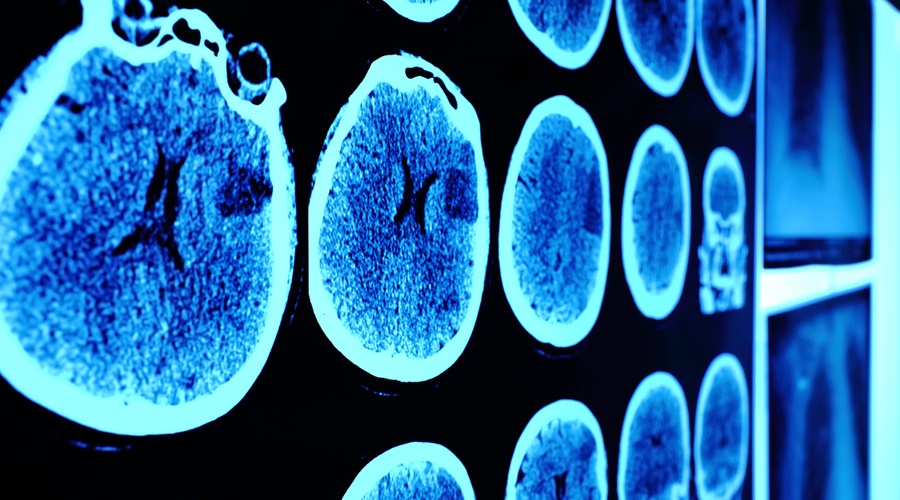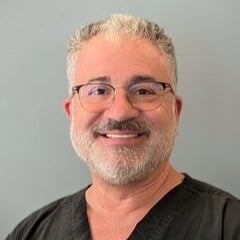If there were only one number to gauge your overall health, fitness, and longevity, it would be...
What Can Help Me Recover From a Concussion?

A concussion can be caused by a bump, a blow or a jolt to the head—or any other event that disrupts the normal function of the brain. We often hear about concussions in sports or following a blast on the battlefield. But concussions can occur during a car accident, on the playground, at work, or even at home.
There are different levels of concussions, from mild to severe. A concussion with symptoms lasting more than three months is generally referred to as post-concussion syndrome. What’s important to bear in mind, however, is that all concussions are serious and should be treated with great care. After all, a concussion is a type of traumatic brain injury (TBI).
Concussions may cause side effects, including:
- Neurological impairment
- Severe depression
- Debilitating headaches
- Confusion
- Loss of memory
- Insomnia
- Anxiety
- Inability to focus, work or even maintain steady relationships
Whatever the cause, the severity and the side effects, recovering from a concussion can be frustrating and tiresome. Sometimes you wonder when or if you will ever feel relief. The key is to find the most effective treatments to help you heal.
HEALING FROM A CONCUSSION CAN BE AS SIMPLE AS BREATHING
Because concussions can cause brain damage and chronic neurological impairments, it is critical that those suffering from this condition quickly seek treatment and start a rehabilitation program to start on the path to recovery.
One type of concussion treatment is hyperbaric oxygen therapy (HBOT). Hyperbaric oxygen can provide the oxygen required to promote healing and recovery. After being cleared by a physician during a comprehensive evaluation, patients will start a care plan where they will do a series of treatments in a hyperbaric chamber {learn about the types of hyperbaric chambers here}, where they will breathe 100% pure oxygen to help promote cell growth, create new blood vessels and reduce cognitive impairment.
After receiving HBOT, you may start to notice fewer headaches and improvement to your memory, which can, in turn, help improve your overall quality of life and make you feel like your old self again.
While many have never even heard of HBOT, it has, in fact, been used in some form since the 17th century, becoming more widely recognized for its clinical medicinal uses in the early 19th century. Since then, HBOT has helped many patients heal from a variety of health challenges.
STUDIES SHOW HBOT MAY BE AN EFFECTIVE TREATMENT FOR CONCUSSION RECOVERY
Over the years, many studies have been performed to learn about the benefits, potential side effects, and effectiveness of HBOT.
For example, a 2016 report titled, “Hyperbaric oxygen therapy for traumatic brain injury: bench-to-bedside,” summarizes the results of different studies that specifically look at the treatment of traumatic brain injuries with HBOT. The report concluded that HBOT “has been proved to inhibit apoptosis, suppress inflammation, protect the integrity of the blood-brain barrier, and promote angiogenesis and neurogenesis.”
Dr. Scott Sherr, Director of Integrative Hyperbaric Medicine and Health Optimization for Hyperbaric Medical Solutions, provides an explanation in the latest issue of Surfer Magazine as to why HBOT may be beneficial for concussion patients—in this instance, surfers. HBOT is a well-accepted treatment for hard-to-heal wounds and, in the article, Dr. Sherr states succinctly that "a concussion is a wound in the brain that has to be healed, and hyperbaric therapy is advanced wound-healing technology.'"
Recovering from a concussion can be a long journey, and it varies by individual, so what works for someone else may not work as effectively for you. It’s important to seek professional assistance to determine what treatments will most benefit you so you can stop suffering and start enjoying life again.
Find out more about hyperbaric oxygen therapy.

Written by Alan Katz, MD, FUHM, FACEP, FAAEM
Dr. Alan Katz, National Medical Director of Hyperbaric Medical Solutions (HMS), is double board certified in Emergency Medicine and Hyperbaric Medicine. He directs clinical operations, education and research initiatives, and the integration of other regenerative medicine therapies....
Read More


